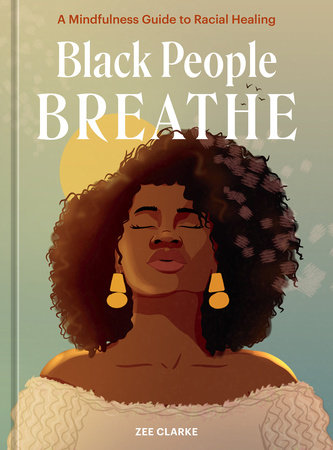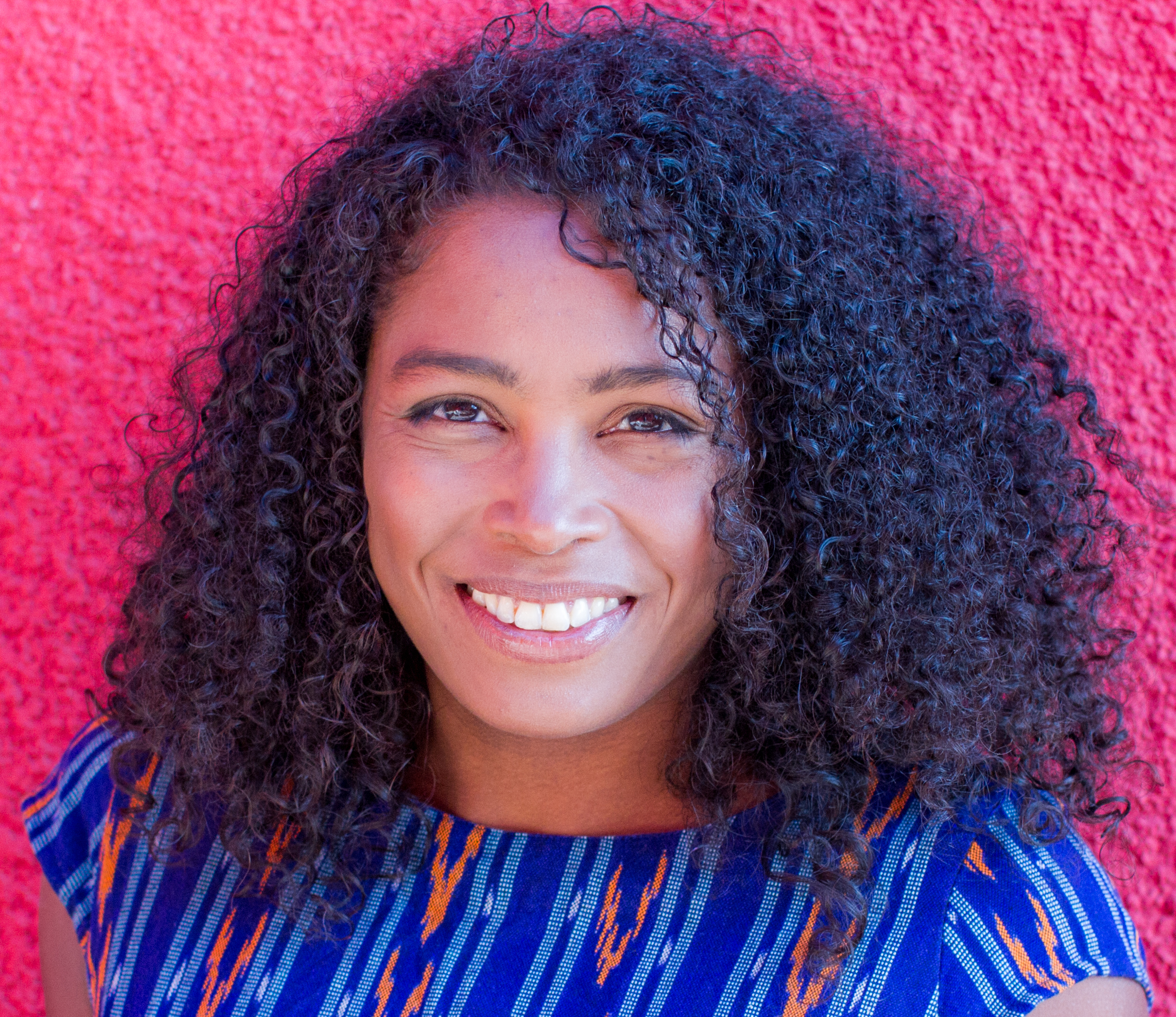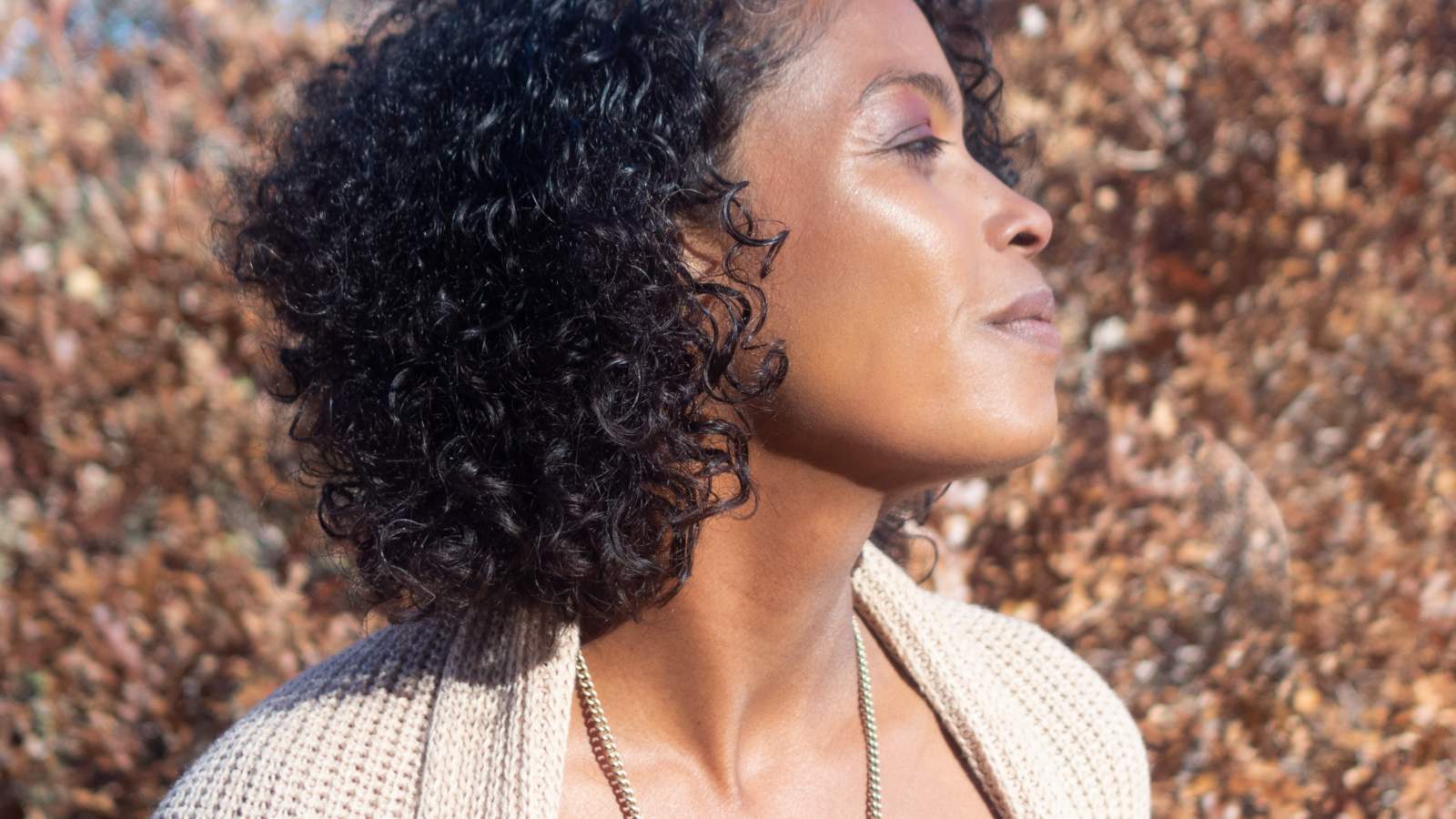I didn’t start off wanting to write a book. I felt compelled to write Black People Breathe when I realized that Black people – who experience repeated trauma through daily microaggressions, discrimination, social injustice, systemic racism and police brutality – were not exposed to the natural tools they possess within their own bodies that would allow them to thrive despite the mental and physical anguish this trauma causes. Breathwork can not only help, breathwork can heal. So why weren’t we taught this?
I admit: I didn’t always know this either. My understanding of breathwork developed over time. While “I can’t breathe” peaked as a rallying cry for social justice in 2020 after the murder of George Floyd, it was a trigger for me. Each time I heard the phrase, saw another tragic headline or glimpsed a few seconds of a horrifying video clip, I knew it meant that another Black person had been killed or hurt. The anxiety, stress and fear of this reality caused me to hold my breath each time. I literally stopped breathing. As a result, I suffered from chronic stress, hypervigilance, fatigue and depression. I couldn’t sleep. I didn’t wanna do anything. I felt lost.
Doctors and psychologists have discovered that the experience of racism can result in a wide range of health impacts that kill us slowly — death by a thousand cuts. High blood pressure, heart conditions, depression and anxiety are among the most prevalent. Harvard School of Public Health Professor, David R. Williams found that living in a constant state of vigilance leads to chronic stress and illness for many Black Americans. Dr. Williams also states that “every police shooting of an unarmed Black person was linked to worse mental health for the entire Black population in the state where that shooting had occurred for the next three months.” Imagine how this gets compounded murder after murder, video after video, headline after headline. While you might not be in the state of the shooting, it could still have a significant impact on your mental health. So how could I, or anyone, be expected to carry on with business as usual?
In 2016, after personally experiencing a number of race related challenges — including racial profiling and harassment by the police, to microaggressions in the workplace — I experienced a burnout so debilitating that I decided that I couldn’t carry on with business as usual. In fact, I refused to. I quit my job as a high-ranking executive in Silicon Valley, traveled to India, and took a deep dive into mindfulness and breathwork practices. I realized that these practices were the key to maintaining our mental health so that we can not only survive, but thrive in a world that feels slow to change. Just as when you have a headache you take aspirin, or when you have allergies, you take antihistamines, there is a specific breathwork practice to help you feel better — whether you’re triggered, frustrated or anxious. This is especially impactful when you’re facing experiences of racism.
When I returned, I felt compelled to share these techniques with the Black community.
Enter Black People Breathe. This book offers 33 powerful tools that you can use the next time you experience challenges because of what you look like. Every chapter focuses on specific situations that happen to Black people. Key chapters include: Safety is a Privilege, Shopping While Black and R-E-S-P-E-C-T at Work.

For allies, this book offers an up-close and personal glimpse of the experiences of Black people in America and the impact of often “unintentional” words and actions on us. It will allow you to build a sense of empathy so that you might be inspired to drive change. In addition, while the causes of your stress may be different, these tools will be just as powerful in your life.
Remember, while you can’t control the world around you, you can control the way you feel. Breathwork allows you to do just that.
Learn more about Black People Breathe and order your copy at blackpeoplebreathe.com.


